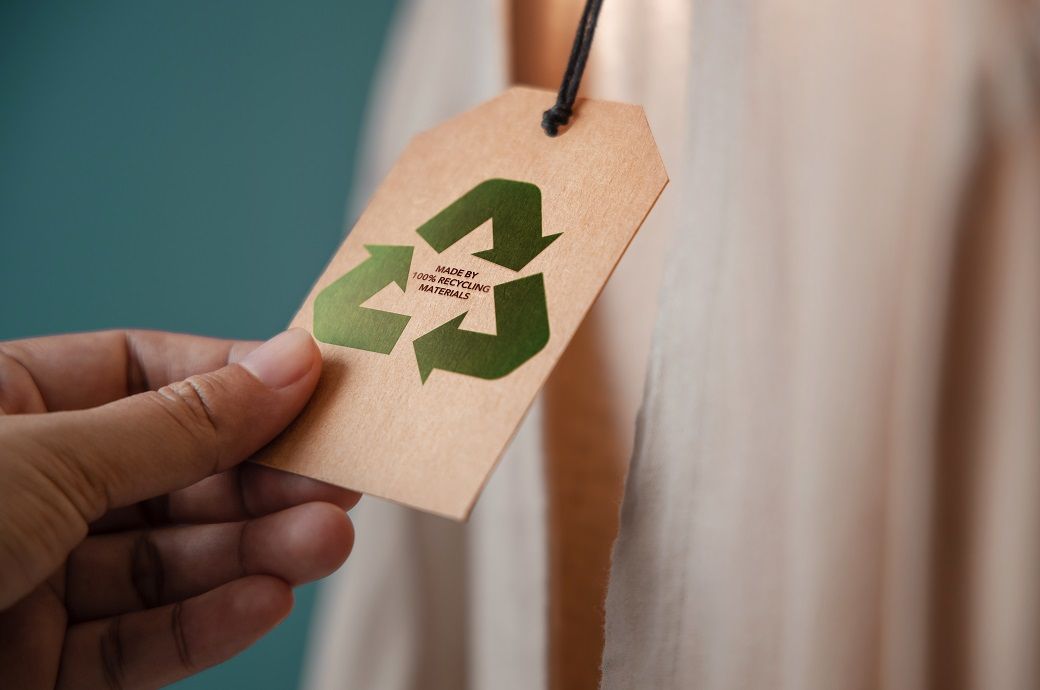
Many consumers are making more conscious sustainable purchasing decisions, with close to one in three (30 per cent) saying they have stopped purchasing certain brands or products because of ethical or sustainability-related concerns, according to the fourth edition of Deloitte’s Sustainable Consumer 2023 report.
About 34 per cent of consumers stated that their trust in brands would be improved if they were recognised as an ethical/sustainable provider by an independent third party. Also, 32 per cent claimed that their trust in brands would be improved if they had a transparent, accountable, and socially and environmentally responsible supply chain. Consumers also value net-zero goals, with 27 per cent saying that they would trust brands more if they target net-zero by reducing carbon emissions, rather than relying on carbon offsetting.
There has been an increase in consumers adopting circularity (the practice of renewing, reusing or recycling something) in the past year. The research shows that over half or 55 per cent repaired an item instead of replacing it. Forty-six per cent bought second-hand or refurbished items. In addition, 76 per cent said they would consider using a repair service.
Almost a quarter of consumers or 23 per cent have switched to what they believe is a renewable energy supplier in the past 12 months. While most consumers have tried to lower their energy consumption by cutting things like heating at 81 per cent and washing clothes at a lower temperature at 74 per cent, a third or less have invested in longer term energy-saving solutions such as home insulation at 25 per cent, solar panels, energy-efficient appliances at 36 per cent, or double glazing at 31 per cent.
Looking ahead to the next 12 months, the majority intend to continue to reduce their energy consumption wherever possible, but just over one in 10 plan to install solar panels or replace their boiler with a heat pump.
Fibre2Fashion News Desk (NB)